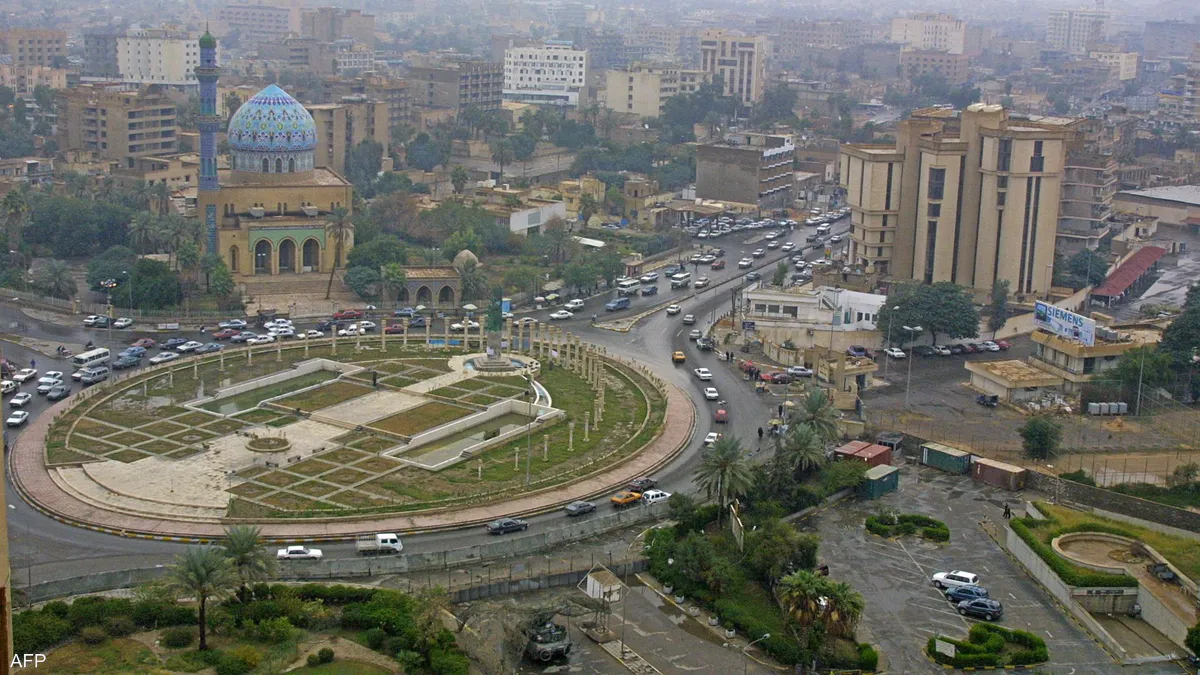Restrictions imposed by the U.S. Federal Reserve on the Central Bank of Iraq over the dollar issue, and the start of integrating Iraq’s financial system into SWIFT, have triggered a series of crises that have shrunk the Iraqi market and eroded most Iraqis’ purchasing power in recent weeks.
Despite these negative effects, the crisis threatening to provoke public anger is the government’s ability to pay the salaries of civil servants, retirees, and social welfare beneficiaries—about 10 million people—for whom roughly six trillion Iraqi dinars are allocated.
The Oil‑Dollar Mechanism
Iraq’s economy depends almost entirely on oil sales in U.S. dollars, which the Ministry of Finance transfers to the Central Bank. The Central Bank then sells those dollars to local banks in exchange for dinars, financing the state’s operational and investment expenditures.
With no other source of dollars—given the lack of a real, diversified economy or alternative revenues from taxes, fees, or investment—securing enough Iraqi dinars becomes extremely difficult. Baghdad may be forced to adopt alternatives that would further drive inflation.
This dollar crisis led Prime Minister Mohammed Shia’ al‑Sudani to dismiss Central Bank Governor Mustafa Ghalib and reinstate former governor Ali Al‑Allaq, as well as to remove Salem Al‑Jalabi, head of the Trade Bank of Iraq, the main state bank handling Iraq’s overseas transfers.
Employing Millions
Since Saddam Hussein’s fall in 2003, successive Iraqi governments—under pressure from political parties—openly expanded public‑sector hiring as part of election campaigns. Public‑sector employment rose from 850,000 in 2003 to four million workers, contractors, and daily hires drawing about 43 trillion dinars (roughly $29 billion) annually. Added to them are millions of retirees and social‑welfare recipients, totaling around 10 million people, according to the Iraqi Planning Ministry.
Printing Dinars
Financial expert Mohammad Dagher predicts the Central Bank may issue new banknotes to meet its payroll obligations if dollar sales continue at their current level, noting that “the Central Bank currently holds enough local currency.”
He said, “Salaries are a red line that cannot be compromised. If we cannot obtain dinars through dollar sales, the Central Bank must issue new notes,” despite the inflationary risks of expanding the money supply.
No Dollar Payrolls
Dagher ruled out paying salaries in U.S. dollars if dinars are unavailable at the Central Bank, citing national interests and the risk of price hikes. He affirmed, “The Central Bank has reserves of local currency and can maneuver with them to meet needs.”



















